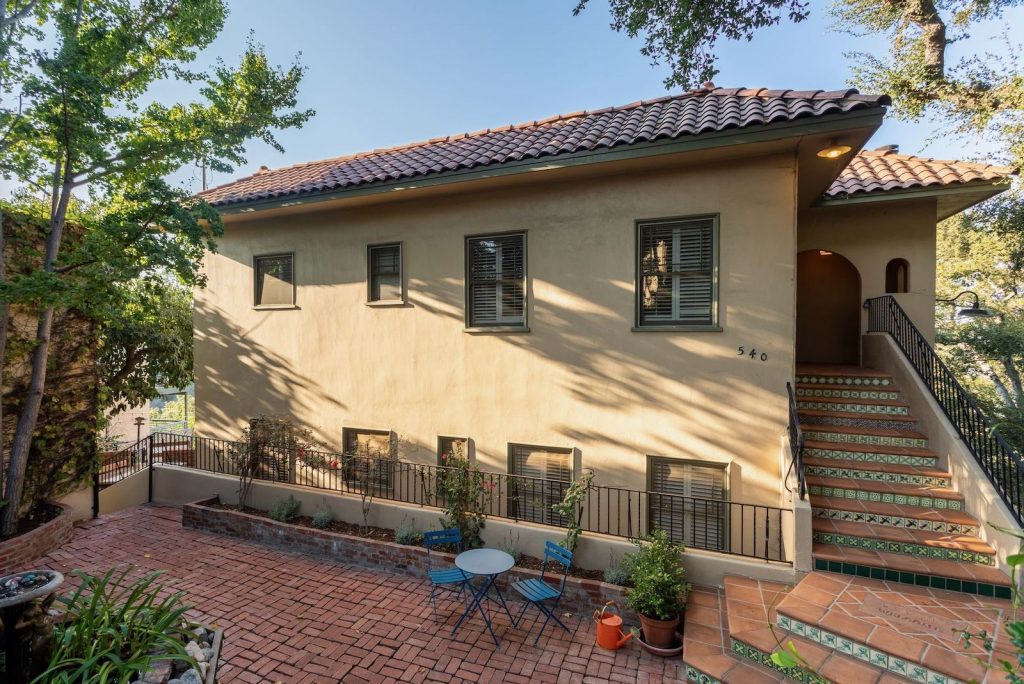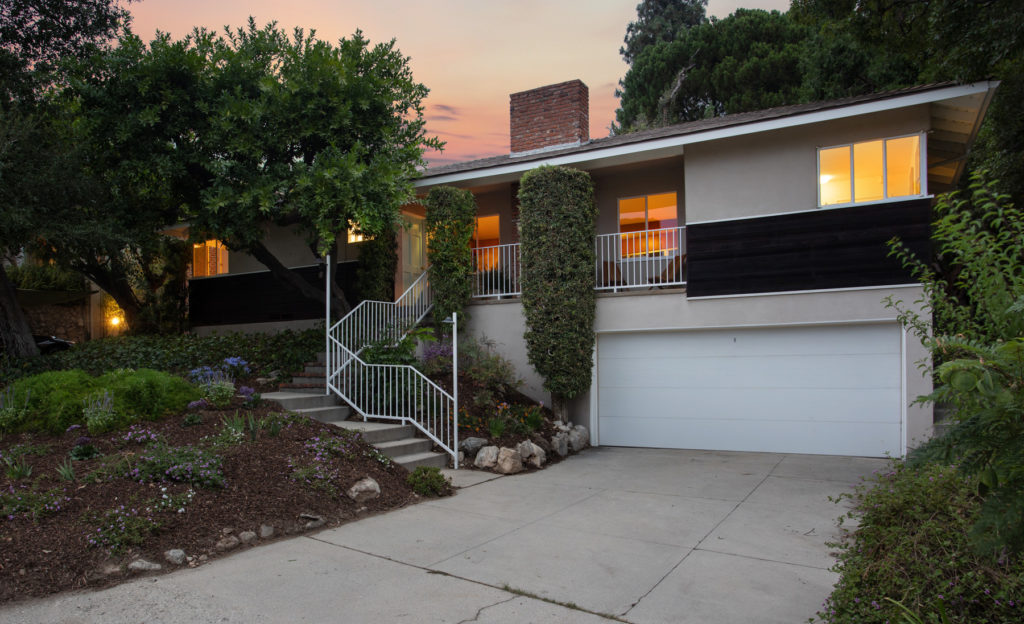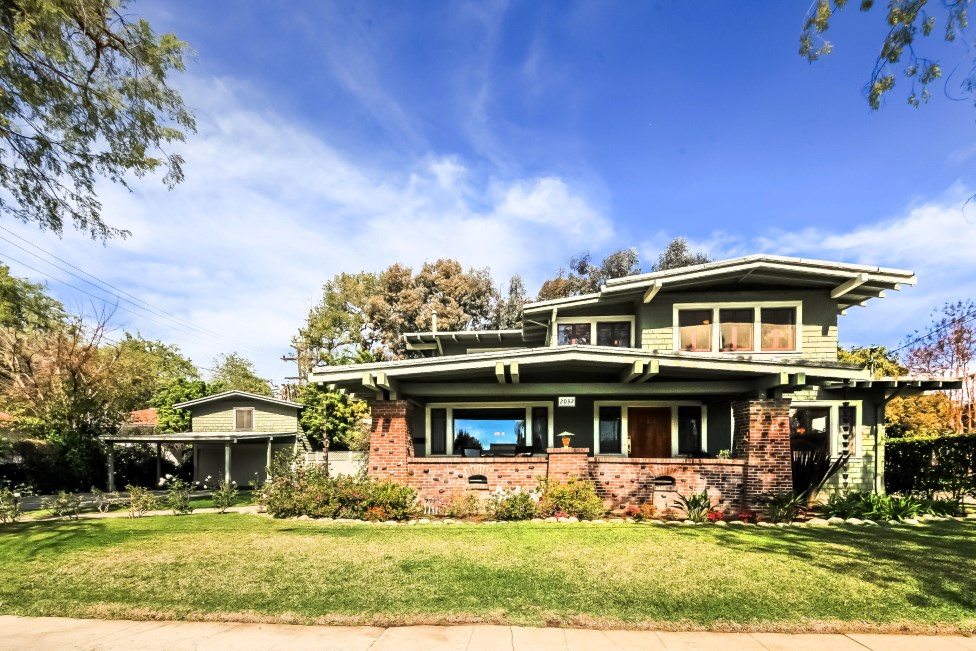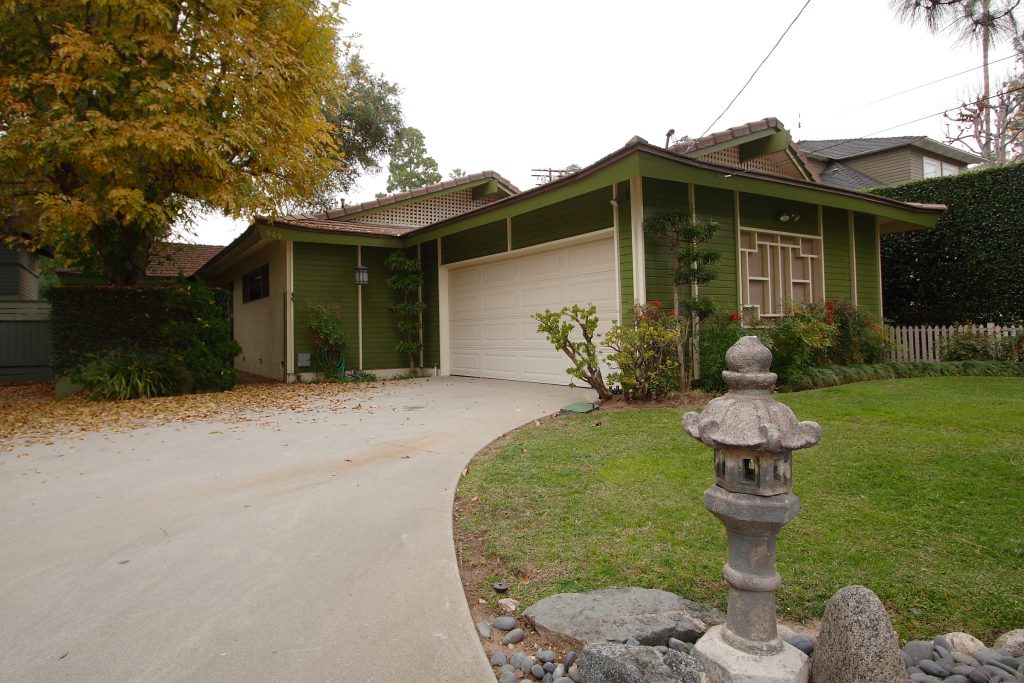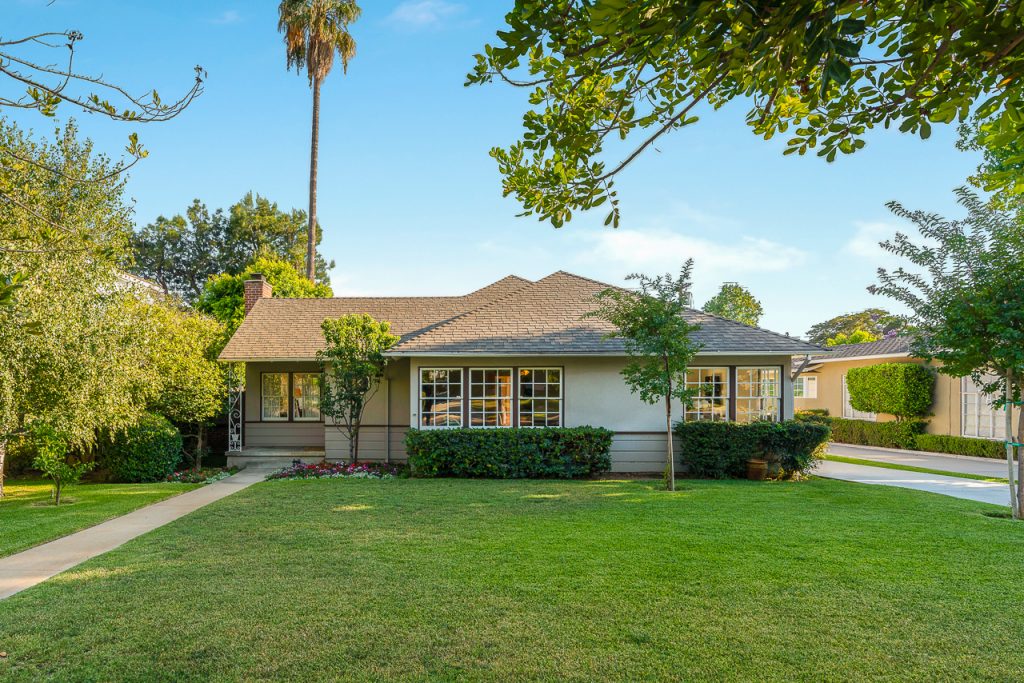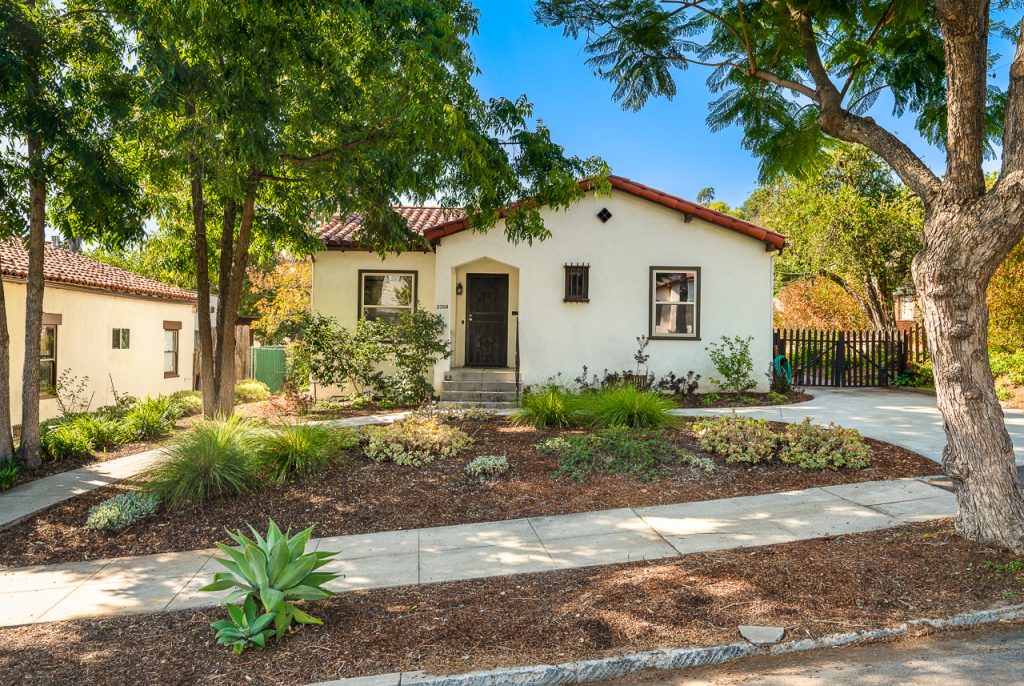Coldwell Banker
388 S. Lake Avenue,
Pasadena, CA 91101
office: 626.797.6500
Email: [email protected]
Paying Down Mortgage Usually Not Financially Wise
While some people are worrying about how they will make their next mortgage payment, others are wondering whether it makes sense to make extra payments in advance.
Steve McBee of Tracy says, “I keep a few months’ mortgage payments in a savings account in case I lose my job. It is earning 0.05 percent in interest. Would it be better to use the money to prepay those months of my mortgage and effectively earn my mortgage rate (4.625 percent) as reduced interest on my mortgage? I would continue to make my regular payments. If my situation changed and I found it hard to make the payment, I would have those months of cushion already covered.”
He thought his mortgage servicer, Bank of America, said this could be done but wasn’t sure and wanted to check.
Unfortunately, McBee can’t have his cake and eat it too. If he makes additional payments in advance, he can apply them to principal, which will reduce his interest costs but won’t allow him to skip payments in the future. Or he can apply them against future payments, in which he could skip some future payments, but won’t save money.
BofA spokesman Rick Simon says that when you pay more than the amount due on your mortgage, you are asked to indicate if you want the extra amount applied to principal.
If you do, the loan balance will be reduced by the extra payment. The next month, interest will be calculated on a slightly lower balance. Your monthly payment will be the same as always, but a little more of it will go toward principal and a little less toward interest.
This reduces the interest cost over the life of the loan. You will repay the loan sooner – for example instead of making 360 monthly payments on a 30-year loan, you might make 350. If you sell the house or refinance before the last payment is due, you will have a smaller balance to repay or refinance.
But prepaying principal does not let you skip future payments.
If you want to skip payments later, you can make payments in advance, but you cannot apply them to principal.
Pushing date forward
The advance payments simply push your payment due date forward. There is no change in the amortization schedule (the portion of each payment devoted to interest and principal) and no cost savings. “At the end, if you pay it off in 355 instead of 360 months, you still made 360 payments, you just made them five months early,” Simon says.
If you are paying in advance to skip a later payment, you must make a full payment. “If it’s less, it’s held in a partial payment account and not credited until you put in a full payment,” Simon says. “If you plan to make extra payments, make sure the bank knows where you want the money to go.”
Prepayment policies vary by bank.
“If we receive a payment that is more than what is owed (including any late charges or other fees), the excess is automatically applied to principal,” says Tom Kelly, a spokesman for Chase. “An exception would be made when there are specific instructions such as, ‘Here is $6,000 for my next six $1,000 mortgage payments. Please apply $1,000 each month because I will be out of the country and unable to make the payments myself.’ We don’t have a reserve for some unspecific future use with uncertain dates.”
Sandi Bragar, a wealth manager with Aspiriant, says she would not pay in advance hoping to avoid a payment later “unless I had it in writing” from the bank.
The bigger question, for McBee and many others, is whether prepaying principal is wise.
“If he is really worried about being in a situation where he can’t make the payment, he should keep the money in a savings account or explore certificates of deposit,” Bragar says.
Several banks offer online savings accounts yielding 1 to 1.25 percent.
Looking at other debt
If he is not worried about making future mortgage payments, “it’s a matter of what his priorities are,” Bragar says. If his goal is to reduce debt, he should tackle higher-rate debt before paying down a mortgage.
If he’s saving for retirement, he should put away at least enough to get an employer match in a workplace plan. If he will need a car or has kids going to college, it’s probably better to save for those things first.
It’s true that if he pays down principal, he can essentially earn his mortgage rate. But if he is deducting mortgage interest on his taxes, his after-tax return will be less than his mortgage rate. For example, if his combined federal and state income tax rate is 35 percent, his after-tax return from paying off a 4.625 percent mortgage is about 3.07 percent. (For a calculator, see sfgate.com/ZKQP.)
If he can find an investment that will return more than 3.07 percent per year after taxes over the long term, it’s a better investment than paying down his mortgage.
That said, paying down a mortgage might have psychological rewards.
Bragar says she has clients who have saved “quite a bit for retirement,” have no other debt and have some employment concerns. For them, “it feels better to pay down a mortgage. They realize it’s not financially optimal but emotionally it feels right.”
Holding money in cash
Rich Arzaga of Cornerstone Wealth Management says that for someone like McBee, it’s probably better to hold the money in cash. “If he does lose his job, he could negotiate to pay reduced interest or interest only” on his mortgage.
Before reducing principal, make sure there are no prepayment penalties on your loan.
If you make substantial prepayments, consider taking out a home equity line of credit you can tap in an emergency. Caveats: You must have enough income and equity to qualify, the interest rate is variable, and there could be origination and annual fees. If the value of your home drops, the lender could cut your line of credit.










